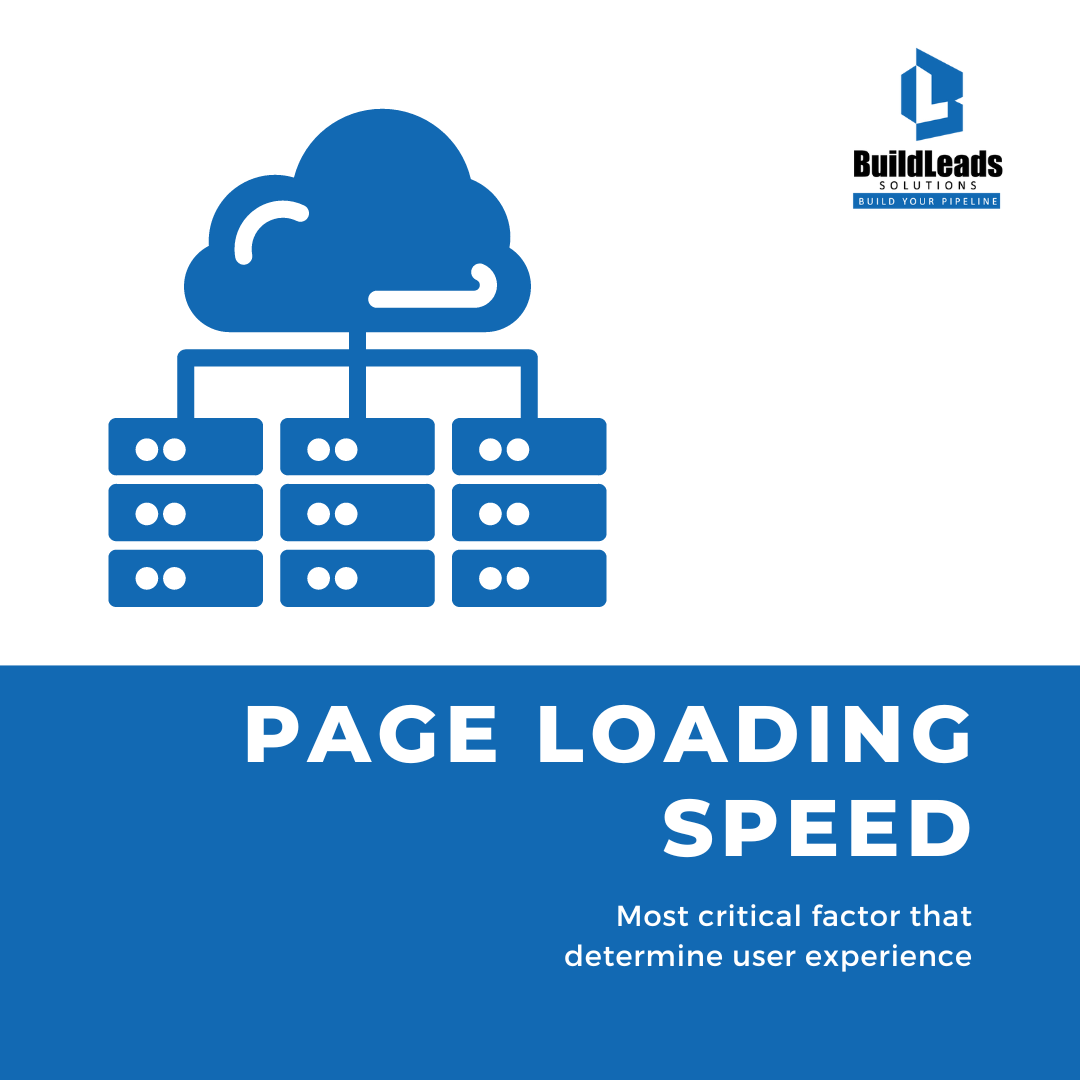
Page loading speed is one of the most critical factors that determine the user experience and the search engine ranking of a website. In today’s fast-paced digital world, people have become increasingly impatient, and they expect websites to load quickly. If a website takes too long to load, visitors are likely to lose interest and abandon the site, resulting in a higher bounce rate and lower engagement.
Furthermore, page speed is crucial for search engine optimization (SEO). Search engines like Google use page speed as a ranking factor when determining which pages to display at the top of the search results. Websites that load faster are more likely to rank higher in search results, which can lead to more organic traffic, leads, and revenue.
Studies have shown that page speed has a direct impact on the user experience. For instance, a study by Google found that as the page load time increases from one to three seconds, the probability of a user bouncing increases by 32%. Similarly, as the page load time increases from one to five seconds, the probability of a user bouncing increases by 90%.
Moreover, a slow-loading website can negatively impact your brand image and credibility. Visitors may perceive a slow website as a sign of unprofessionalism, which can lead to a loss of trust in your brand. This, in turn, can impact your conversion rates and ultimately hurt your business.
To optimize the page loading speed, there are several steps you can take. One common practice is to optimize images and other media files by compressing them to reduce their size without compromising their quality. Another strategy is to use caching, which stores frequently accessed data in a temporary storage area, allowing the site to load faster on subsequent visits.
Additionally, you can minify code by removing unnecessary spaces, comments, and other characters that do not affect the code’s functionality. Reducing the number of HTTP requests by combining multiple files into a single file and choosing a fast and reliable hosting provider can also help improve page loading speed.
In conclusion, page loading speed is an essential factor that affects the user experience and search engine ranking of a website. A faster-loading website not only enhances the user experience but also improves the chances of being found online, leading to more traffic, leads, and revenue. Therefore, website owners and marketers should prioritize page speed optimization in their digital strategy to stay ahead of the competition and deliver a better user experience to their visitors.